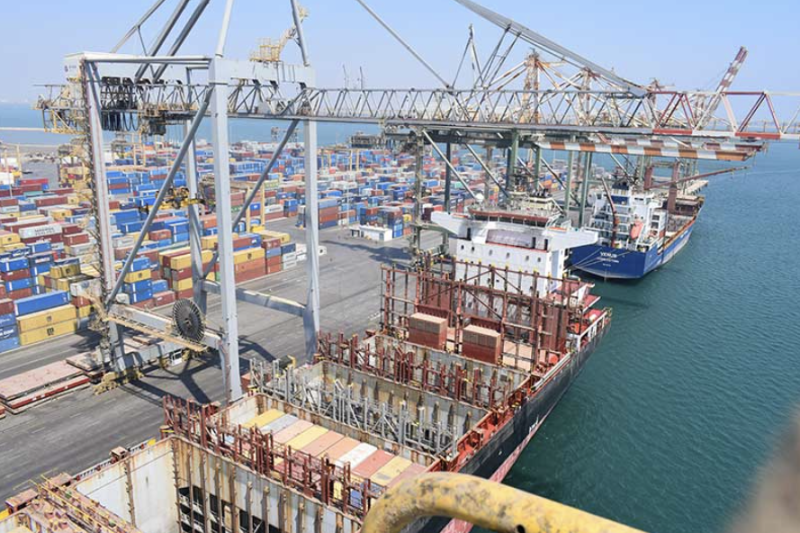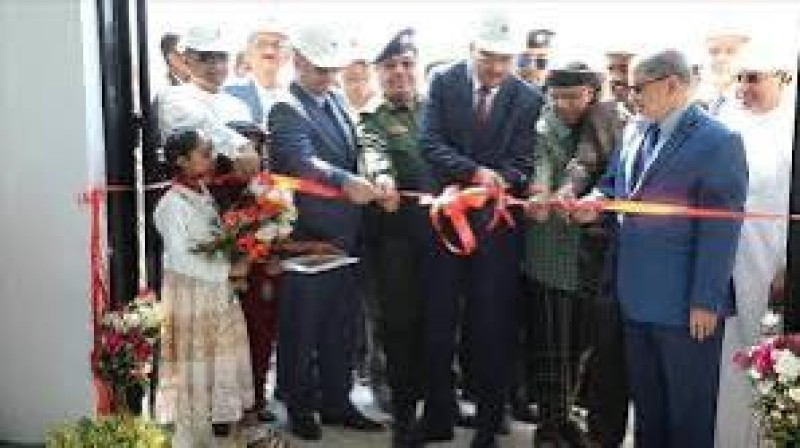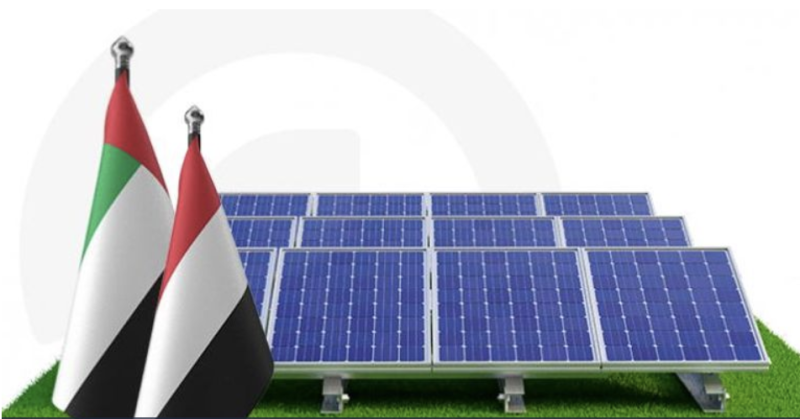UNHCR Yemen Operational Update, covering the Period 9 - 16 December 2021


Key Figures:
20.7 million people in need
Over 4 million internally displaced
Over 80 per cent have been displaced for more than one year
119,364 individuals (19,894 families) newly displaced in 2021
Children and women represent up to 79 per cent of the total IDP population
129,697 refugees 12,268 asylum-seekers
Funding:
USD 271 M required for 2021 operations
IDP Response
In response to increasing needs in Marib, UNHCR and its partner, Society for Humanitarian Solidarity, distributed non-food items (NFIs) to 504 families (2,915 people) and emergency shelter kits (ESKs) to 21 families (117 people) during the reporting period. This brings the total number of families assisted with NFIs this year to 18,933 (107,904 people), while 4,139 displaced families (23,780 people) have received ESKs since February 2021.
UNHCR's partner, Rawabi Al Nahda, commenced road rehabilitation activities engaging internally displaced people (IDPs) and host community members through cash-for-work. The project aims to maintain safe access to basic services for nearly 4,400 households living in nine IDP sites in Hajjah; this includes ensuring access to health facilities for the most vulnerable groups – pregnant women, children, older persons, and emergency medical cases.
As part of the site maintenance and flood mitigation measures, UNHCR and its partner, Yemen General Union of Sociologists, Social Workers, and Psychologists, launched infrastructure maintenance activities in Bab Al-Maleka IDP site in Sana'a governorate to reduce the impact of floods on the site and potential environmental risks on residing IDPs.
UNHCR partners distributed nearly 260 mud-stoves to displaced households in several IDP hosting sites in Sana'a and Amran governorates, which followed awareness-raising sessions on stove maintenance and prevention of fire incidents. The mud-stoves were produced under quick impact projects engaging IDPs and host community members to promote social cohesion. The stoves are expected to greatly reduce fire incidents caused by cooking in open areas, providing a safe and efficient cooking solution.
Refugee Response
Over 1,500 refugees, asylum-seekers, and Yemenis received primary healthcare at UNHCR-supported-clinics in Basateen and Kharaz camp in Aden and Lahj governorates during the reporting period. Febrile illness and upper respiratory tract infections continued to be the leading cause of out-patient consultations. UNHCR referred 30 people needing secondary health care to advanced health facilities in Aden and Lahj. Some 170 refugee and Yemeni women received reproductive health services, and 130 disabled people received physiotherapy services. Community health workers led awareness-raising activities on COVID-19 prevention and control measures, reaching over 4,200 people. Nearly 1,340 people received medical consultations in UNHCR-supported health facilities in the north, including 644 who received case management consultations and medication and 70 refugees referred to public and private hospitals for advanced investigations and admission. UNHCR also reached more than 900 people with COVID-19 awareness-raising sessions.

Aden — Ports under the authority of Yemen’s internationally recognized government have received more than two million metric tons of fu…

Mukalla — Local authorities in Hadramout have announced the inauguration of Yemen’s first solar-powered cement station, a landmark proj…

AbuDhabi -- The United Arab Emirates has pledged $1 billion to bolster Yemen’s electricity sector, marking one of the largest development com…